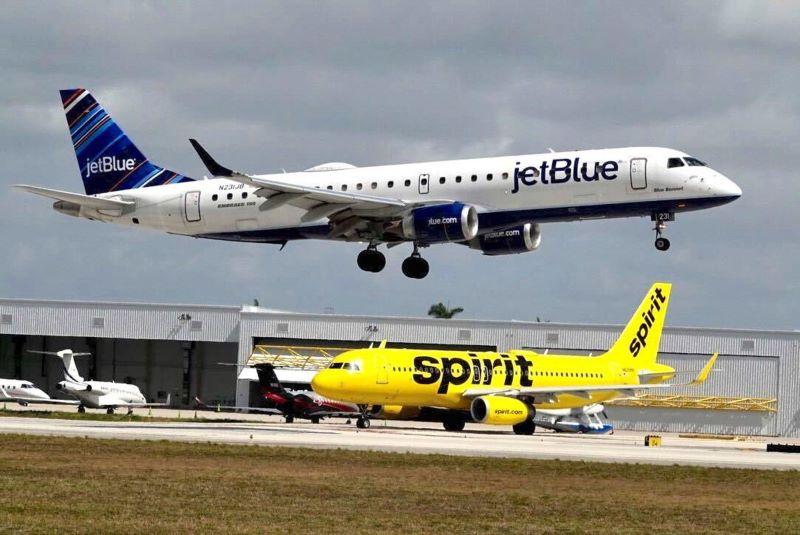Spirit Airlines Success Hinges On Merger, Defendants Contend In JetBlue Trial

Credit: Tribune Content Agency LLC / Alamy Stock Photo
BOSTON—Without a merger, Spirit Airlines does not see a path to achieve planned growth. The remarks were made by Spirit Airlines’ counsel, as the antitrust trial challenging the ULCC’s pending merger with JetBlue Airways kicked off in Boston on Oct. 31. In opening statements, lawyers for the...
Subscription Required
This content requires a subscription to one of the Aviation Week Intelligence Network (AWIN) bundles.
Schedule a demo today to find out how you can access this content and similar content related to your area of the global aviation industry.
Already an AWIN subscriber? Login
Did you know? Aviation Week has won top honors multiple times in the Jesse H. Neal National Business Journalism Awards, the business-to-business media equivalent of the Pulitzer Prizes.
